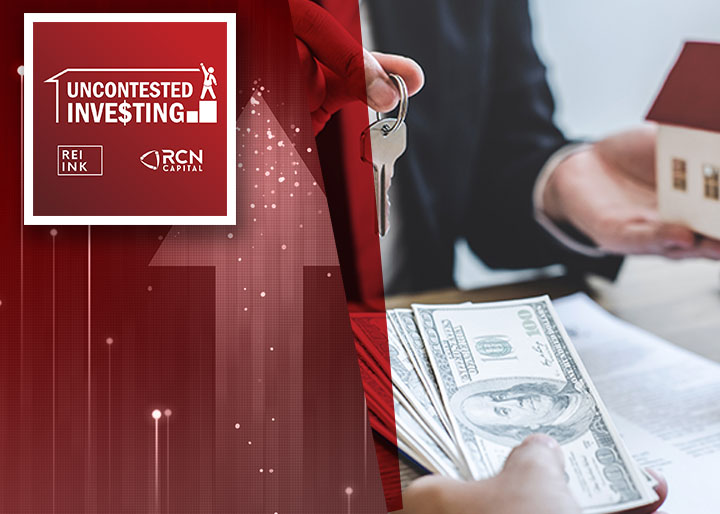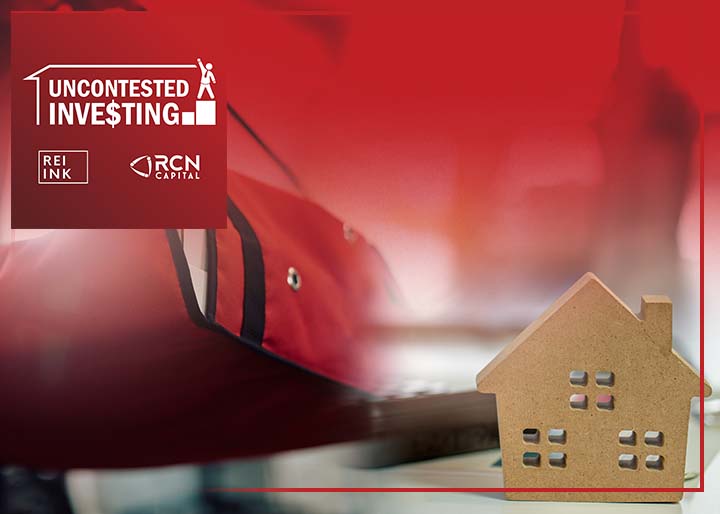Operating A Real Estate Business With Rob Fuller
Are you one of those that have a real estate dream they want to realize but just don’t know how? Then this podcast is for you! Join us as Rob Fuller, a real estate developer, investor, and visionary, shares his journey on getting into the business of buying and selling homes and gives exclusive takeaways on operating a real estate business! — Watch the episode here Listen to
Read More








